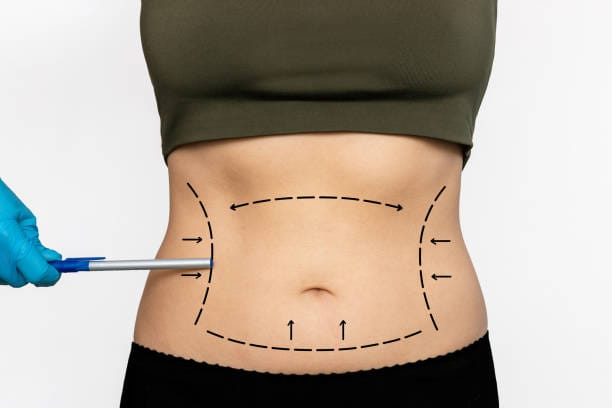Introduction:
Rooted in Traditional Chinese Medicine (TCM), acupuncture is an ancient medicinal technique whereby small needles are inserted into particular places on the body to induce “qi,” or energy flow. Pronounced “chee.” Its ability to reduce several health conditions, including chronic pain, anxiety, sleeplessness, and digestive difficulties, is well known. Knowing how your body responds to acupuncture can enable you to better control expectations during treatment and gain understanding of its potency.
Immediate Reactions to Acupuncture:
Many people describe instantaneous feelings following an acupuncture session, ranging from moderate pain to great relaxation. When the needles are implanted, some persons may experience a minor prick or tingling sensation; this is usually followed fast by a state of peace and quiet. The body’s production of endorphins, the natural pain-relieving substances that advance sensations of well-being, explains this quick reaction.
On the other hand, some individuals might have temporary pain at the needle insertion locations, including sensitivity or soreness. Usually reflecting the body’s adaptation to the stimulation of acupuncture sites, this is a typical reaction. On the other hand, it is important to see the acupuncturist for additional assessment if discomfort lasts or gets worse. Acupuncture Ashford Kent is providing the best acupuncture treatment.
Physical Changes After Acupuncture:
Following treatment, acupuncture can cause a number of physical changes in the body. Among the most obvious changes is better blood flow. Stimulating particular acupuncture sites increases blood flow to the regions around the needles, therefore facilitating healing and the supply of nutrients and oxygen to tissues. This more circulation helps speed healing from injuries and lower inflammation.
Acupuncture also helps the autonomic nervous system, which controls involuntary body activities. Following therapy, many patients find a change toward the parasympathetic state, sometimes known as the “rest and digest” state. This change results in reduced blood pressure, slowed heart rate, and improved digestion, therefore promoting a general state of calm.

Emotional and Mental Reactions:
Beyond the physical sphere, acupuncture affects mental and emotional states as well. Many people say that following therapy they feel a great degree of calm and wellness. The release of hormones and neurotransmitters—including serotonin and dopamine—which are known to control mood and boost happiness—helps to explain this reaction in part.
A few others could also have emotional discharges either during or following an acupuncture treatment. Believed to be a symptom of the body digesting stored emotions and psychological stress, this might show itself as sobbing or feeling more sensitive. These events should be approached with an open mind as they are inevitable components of the healing process.
Long-Term Effects of Acupuncture:
Although first reactions to acupuncture are typically obvious, consistent treatment has long-term benefits. Particularly for chronic diseases like arthritis, migraines, and anxiety disorders, many patients claim over time continuous improvement in their symptoms. With continuous stimulation of acupuncture sites, the body is supposed to be able to adapt and heal itself, so the combined benefits of acupuncture are believed to result.
Regular acupuncture visits can also result in increased general wellbeing including greater immune system function, better sleep quality, and less stress. Acupuncture is a reasonably affordable long-term health plan as people frequently find they need less sessions to get the same degree of comfort as the body becomes used to the effects.
Considerations for Optimal Outcomes:
Patients should take various considerations both before and after treatment in order to fully benefit from acupuncture. Maintaining good hydration both before and after a session will assist the body in mending and aid to reduce any possible negative effects. Patients are also advised to relax and let their bodies take in the therapeutic benefits. Walking or stretching among mild exercises can improve circulation and encourage calm.
People also should be honest with their acupuncturist about their experiences and any side effects they might have following treatment. This input helps the practitioner to customize next sessions to more suit particular requirements and preferences.
Conclusion:
Knowing how your body responds to acupuncture can help you to improve the whole experience and inspire a greater respect for this age-old therapeutic technique. Awareness of the immediate and long-term consequences of therapy helps people to participate actively in their path of healing. Many people looking for alternative treatments will find resonance in acupuncture’s all-encompassing approach to health—physical alleviation, sexual health, emotional release, or improved well-being. Accepting this road with openness and patience could provide transforming effects that strengthen the bond with the body and the mind.



